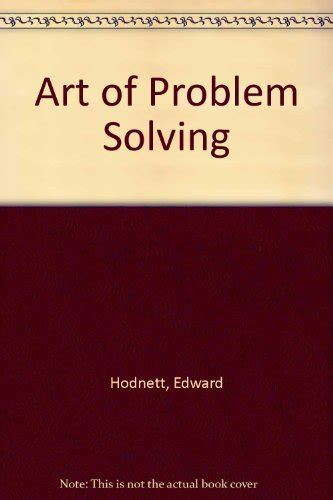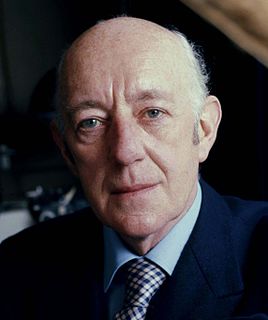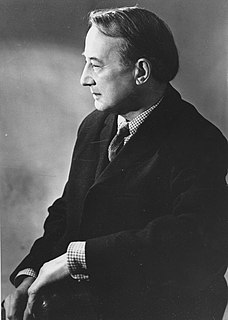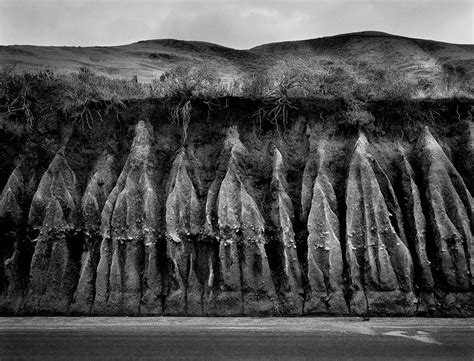A Quote by Edward Hodnett
A good problem statement often includes what is known, what is unknown, and what is sought.
Related Quotes
You know the known, so go a little into the unknown. The mind that is caught up in the known - extended a little beyond reason. The moment you go beyond , you move in the soul. Releasing the bondage of your mind to extend further, reach the unknown a little more. The further you go, you realize that the known is limited and the unknown is vast.
The classes of problems which are respectively known and not
known to have good algorithms are of great theoretical interest. [...]
I conjecture that there is no good algorithm for the traveling
salesman problem. My reasons are the same as for any mathematical
conjecture: (1) It is a legitimate mathematical possibility, and
(2) I do not know.
Anxiety and desire are two, often conflicting, orientations to the unknown. Both are tilted toward the future. Desire implies a willingness, or a need, to engage this unknown, while anxiety suggests a fear of it. Desire takes one out of oneself, into the possibility or relationship, but it also takes one deeper into oneself. Anxiety turns one back on oneself, but only onto the self that is already known.
In a photograph, if I am able to evoke not alone a feeling of the reality of the surface physical world but also a feeling of the reality of existence that lies mysteriously and invisibly beneath its surface, I feel I have succeeded. At their best, photographs as symbols not only serve to help illuminate some of the darkness of the unknown, they also serve to lessen the fears that too often accompany the journeys from the known to the unknown.



































